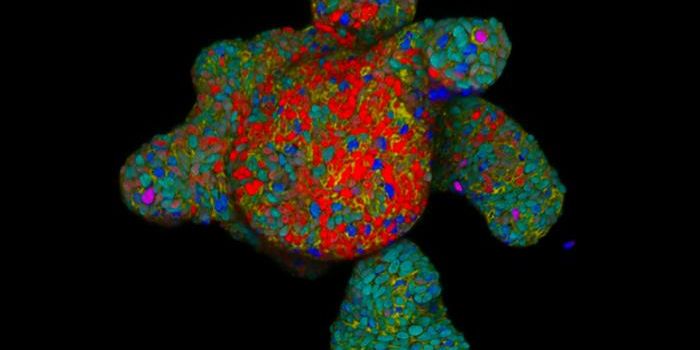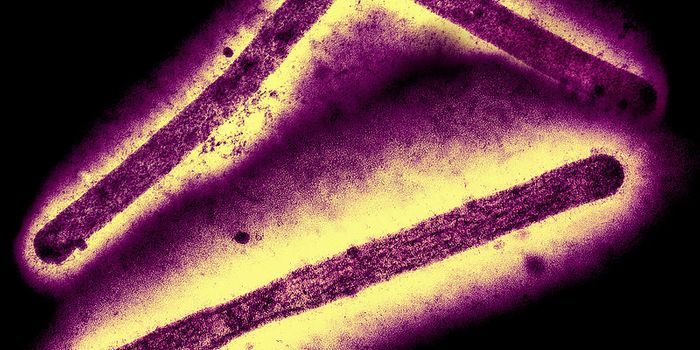Should the Scientist Behind World's First Gene Edited Babies be in Prison?
He Jiankui, the scientist behind the world’s first gene-edited babies in 2018, has been sentenced to three years in prison by Chinese authorities for conducting an “illegal medical practice”. But why?
Accompanied by two other scientists, China’s Xinhua news agency said of the matter, “The three accused did not have the proper certification to practice medicine, and in seeking fame and wealth, deliberately violated national regulations in scientific research and medical treatment...They've crossed the bottom line of ethics in scientific research and medical ethics.”
But why is this? After all, in many ways, China has been on the forefront of gene editing technology, having been the first to test CRISPR in monkey embryos, non-viable human embryos, adult humans, and of course, designer babies. Yet, although He claims to have received approval from the medical ethics committee at Harmonicare Women and Children’s Hospital in Shenzhen, an investigation by the Chinese government claims that he instead evaded government regulations and forged ethical review documents.
Moreover, despite claiming to have been following guidelines issued by leading scientists and ethicists from the US, scientists from around the world have described his practice as both dangerous and unethical. This comes especially when considering the risk of unexpected negative consequences arising from the gene-editing process, and these being let into the global gene pool. Only adding to this is that HIV is relatively uncommon in China, that there are other, less invasive and less costly ways to both prevent and treat it in any case, and that those with CCR5 deficiencies are known to be at an increased risk of developing West Nile virus and influenza.
Although He acknowledged the controversy his work would cause, he nevertheless felt it a necessary step in understanding how gene editing technology may prevent serious diseases, and improve the quality of life for those with them. Having recruited couples in which the man was HIV positive and the woman not, he endeavored to create babies immune to HIV by altering the gene responsible for the CCR5 receptor, a protein that HIV uses to enter cells.
In a video announcing the results from his medial intervention last year, He said, “Their parents don't want a designer baby...Just a child who won't suffer from a disease which medicine can prevent. I understand my work will be controversial, but I believe families need this technology and I'm willing to take the criticism for them."
Sources: Deutsche Welle, Scientific American and Washington Post









